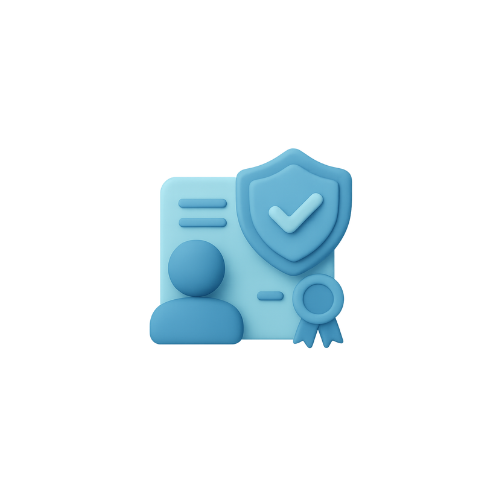 QED
QED
 English
English

 All Blogs
All Blogs

Consumer Brand Authentication: Building Trust and Protecting Identities
In today’s interconnected and highly digital marketplace, trust is the foundation of every successful brand. Consumers are not just buying products; they are investing in authenticity, safety, and reliability. Unfortunately, counterfeit goods, digital fraud, and identity theft are eroding that trust at an alarming pace. According to the Organization for Economic Co-operation and Development (OECD) , counterfeit and pirated goods account for 3.3% of global trade , worth over $500 billion annually. This highlights why consumer brand authentication has become a critical priority for businesses worldwide.
Consumer brand authentication refers to the use of advanced technologies and strategies that enable individuals to verify the legitimacy of a brand or product before making a purchase. It ensures that consumers receive genuine goods and interact only with trusted brands.
Whether it’s scanning a QR code on a luxury item, validating a digital certificate for software, or checking a blockchain-backed serial number for pharmaceuticals, consumer brand authentication protects individuals from fraud while empowering brands to safeguard their identity.
Counterfeiting is not just a financial issue—it’s a human one. Fake drugs can cost lives, counterfeit electronics can cause accidents, and pirated digital products can expose users to cybercrime. A PwC survey revealed that 70% of consumers are more likely to buy from a brand they trust, and authentication is a key pillar of that trust.
For brands, it means:
The luxury goods industry is one of the most heavily counterfeited sectors. In 2023, Forbes estimated that nearly $50 billion worth of luxury items sold globally were counterfeit. For consumers, distinguishing between authentic and fake products has become nearly impossible without proper authentication systems.
Take the example of a luxury handbag. With consumer brand authentication, the buyer can
scan a QR code
or NFC tag embedded in the product and instantly access its digital identity on a blockchain ledger.
This reassures them that the item is genuine, ethically sourced, and officially tied to the brand.
Such systems not only protect the consumer but also elevate their purchase experience—transforming
authentication into a value-added service.
One company at the forefront of these efforts is Qed Vault. By leveraging blockchain
technology, real-time
verification tools, and secure product tagging, Qed Vault provides businesses with comprehensive consumer
brand authentication solutions.
Their system allows consumers to:
For businesses, Qed Vault’s solutions reduce counterfeiting risks, improve transparency, and create opportunities for personalized consumer engagement. This blend of authentication and customer experience sets new standards for the digital age.
The success of consumer brand authentication lies in advanced technology:
These technologies empower consumers while giving brands a digital shield against fraudsters.
Trust is no longer optional—it is a growth engine. A Nielsen report found that 59% of consumers prefer to buy new products from brands they already trust. By offering consumer brand authentication, businesses are not only protecting their reputation but also actively growing consumer confidence and loyalty.
For instance, when a consumer buys a bottle of premium wine and verifies its authenticity with a quick scan, that brand doesn’t just protect itself from counterfeits—it wins the consumer’s trust for future purchases. Over time, this creates a cycle of trust, loyalty, and advocacy that fuels business growth.
Industries worldwide are adopting consumer brand authentication at scale:
The global market for anti-counterfeit solutions is projected to surpass $295 billion by 2032, growing rapidly as demand for authentication spreads across sectors.
In a world flooded with counterfeits and fraud, consumer brand authentication is more than just a protective measure—it’s a necessity for building trust. Consumers today expect transparency, safety, and authenticity from every purchase they make.
By embracing technologies like blockchain, NFC, and AI, companies can deliver these expectations while protecting their brand equity. Innovators such as Qed Vault are proving that authentication can go beyond protection to become a source of consumer engagement, loyalty, and growth.
For businesses and consumers alike, the future is clear: authentication is the key to trust, and trust is the key to success.
Start with a free trial and redefine trust with the digital product passport